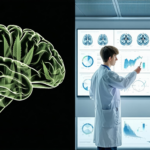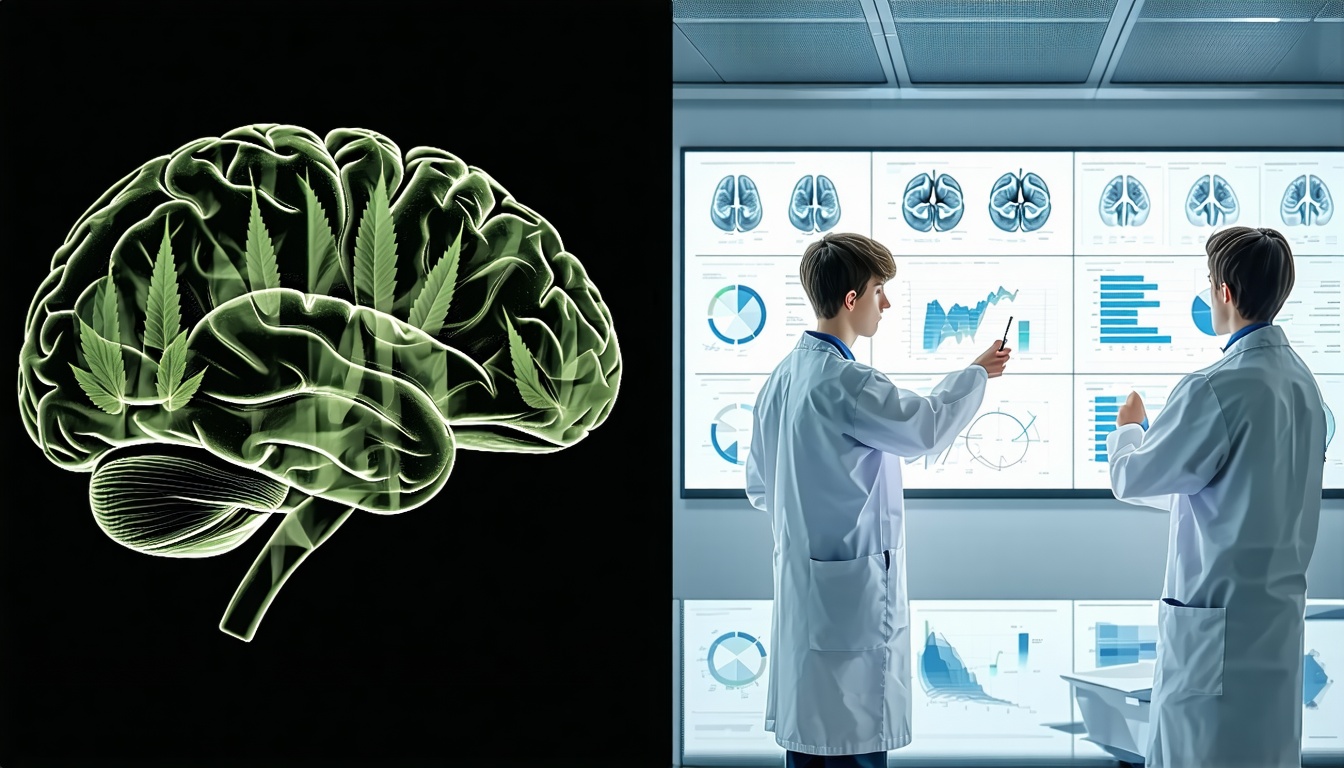Cannabis on the Verge of Being Classified as Medicine, But What Does That Mean?
The US Drug Enforcement Administration (DEA) has proposed new rules that would reclassify cannabis as a medication, rather than an illegal narcotic. This move is seen as a significant step forward for researchers, but experts say it’s not as straightforward as it seems.
Under the new rules, cannabis would be classified as a Schedule III drug, which means that any cannabis-based medications would require FDA approval and a doctor’s prescription. This would put it in a similar category to drugs like ketamine and anabolic steroids.
However, cannabis would still be available at state-legal dispensaries without FDA approval, which could lead to confusion and inconsistencies. “It’s a little bit incoherent,” says Dr. Peter Grinspoon, a physician and Harvard medical school instructor.
The most significant impact of the reclassification may be symbolic, as it would officially recognize cannabis as a medicine. This could make it easier for researchers to study the plant and its potential medical benefits.
Dr. Grinspoon is particularly interested in researching the potential of cannabis to fight diseases, rather than just alleviating symptoms. He notes that while cannabis is effective in treating symptoms like pain and nausea, it’s unclear whether it can actually modify the course of diseases.
Other experts, like Dr. Igor Grant, a psychiatrist and director of the Center for Medical Cannabis Research, are hopeful that the reclassification could lead to the development of new treatments for conditions like neuropathic pain.
However, the road to FDA approval is likely to be long and challenging. Cannabis-derived drugs would need to be either synthetic or extensively refined, and the FDA has only approved one cannabis plant-derived drug, Epidiolex, a pharmaceutical-grade formulation of CBD.
Dr. Jahan Marcu, author of the book Cannabis Innovations, notes that even drugs that originally come from plants tend to be manufactured, and that the FDA requires drugs to be precisely formulated to assure safety and consistency.
Dr. Grinspoon hopes for a more diverse array of cannabis-derived medicines, rather than just more formulations of its biggest components, CBD and THC. He notes that many cannabinoids have not yet been researched much, but show promise, and that the “entourage effect” of all of them working in concert is important.
The reclassification of cannabis as a medication is a significant step forward, but it’s just the beginning of a long and complex process.












